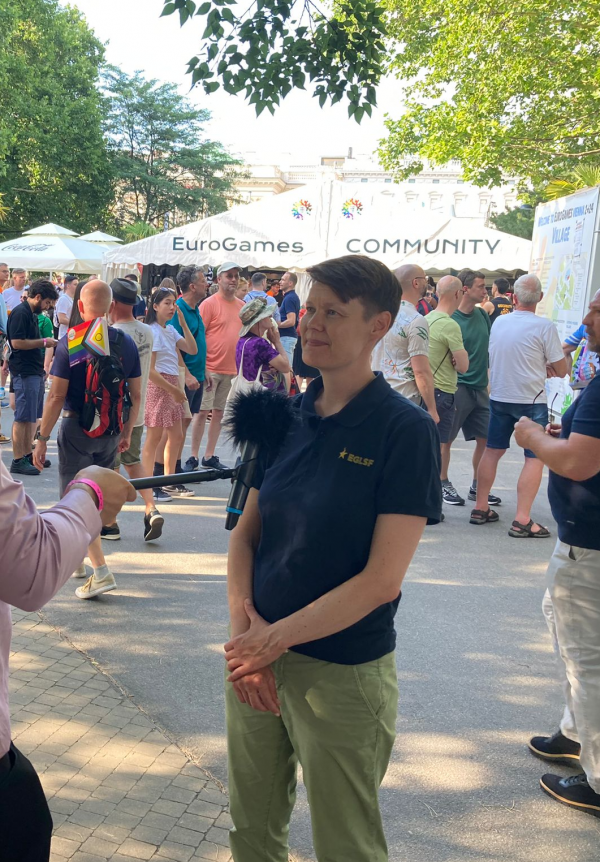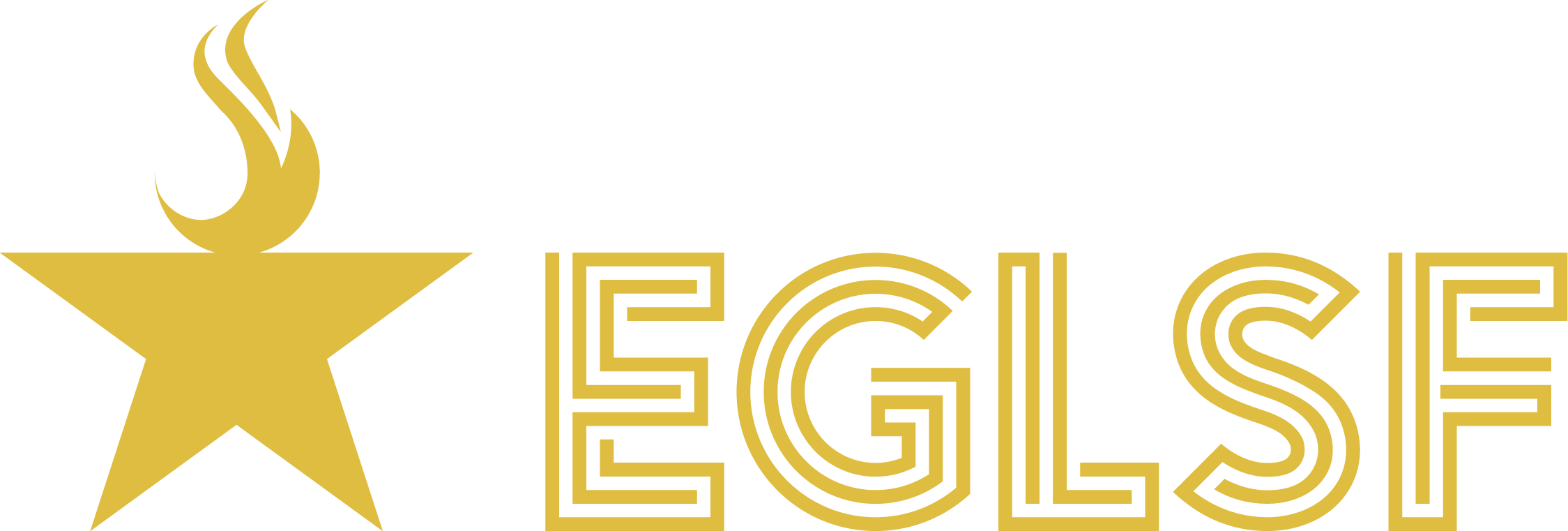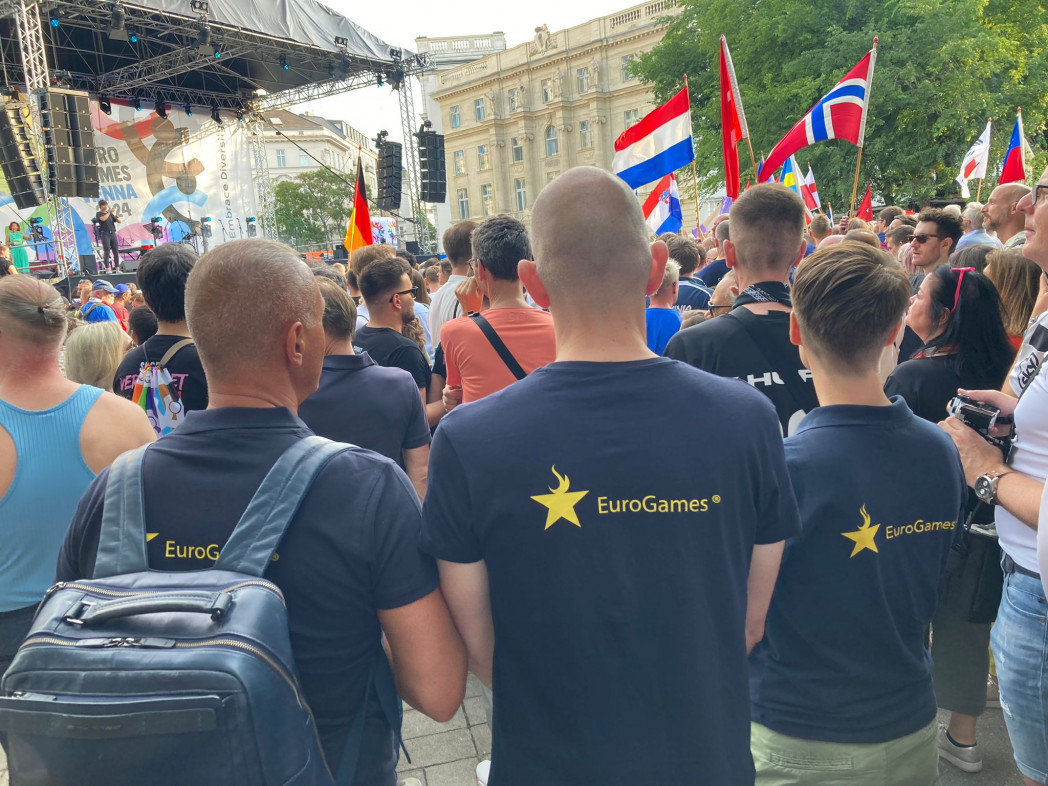If your KPIs are not set up to measure the mental health, diversity, inclusion and engagement of the participants of your sport organisation or event, we may not be the solution to your problems.

What are your values and goals?
If your KPIs are not set up to measure the mental health, diversity, inclusion and engagement of the participants of your sport organisation or event, we may not be the solution to your problems. However, if you got interested… you know what to do.
Who are we?
First a short introduction. The EGLSF (European Gay and Lesbian Sport Federation) was founded in 1989 and is now a sports federation with about 150 members, most of them being LGBTIQ+ sports clubs in Europe. They represent over 40 000 people. Our history, as well as the history of our member clubs, is a story about how to offer outcast and silenced people a safe place to take part in physical activities despite their physical abilities and differences. And how to include those communities into a European and a worldwide community, which has the power of changing their lives and the world around them.
LGBTIQ+ sports is for everyone
It is not just for top athletes, abled people or just one group within the growing letter combination. That keeps us going and makes us look at the world from different angles all over again. For example, how would you react if men with low testosterone levels would be banned from high level tennis tournaments? Just based on the “fact” that they give an unfair advantage to their opponents compared to men who compete against men with higher testosterone levels. Sports should be fair, so let's implement the ban, right? Or if there’s really a need to act on it, should we rather change the rules of the game…
Fairness of sport is a complicated matter
We tend to regulate strictly some inborn traits like gender and age, although the effects differ from person to person. On the other hand, some external factors which are rarely regulated may impact performance much more, likely nutrition (or doping), level of coaching and level of competition you have experienced. We should all be asking now where are the impact analysis results of banning trans and intersex athletes from several sports? Since, what certainly is not fair, is how vulnerable minority groups are treated by several sporting bodies, spectators, coaches and so on.
How to maximise inclusion, safety and fun in sports?
I would argue that we already have most of the answers. There are many existing means already in different sport disciplines: think of handicap in golf, safety equipment in combat sports, ranking system in tennis, assistants and adapted rules in parasports or different player roles in rugby. Why not apply these to make your sport more inclusive and safe? The fun part I let you figure out yourself, but feel free to visit EuroGames Lyon 2025 in July, it may surprise you!
You can change the rules!
Back to the topic - let’s start a discussion here and now: How would you change your sport to include a more diverse group of people? To make everyone feel more welcome and safer in your community or event?
Those are the goals we want to reach, not exclusion of athletes.
‘This article is the perspective of the author and does not necessarily reflect the view of the EGLSF’.

